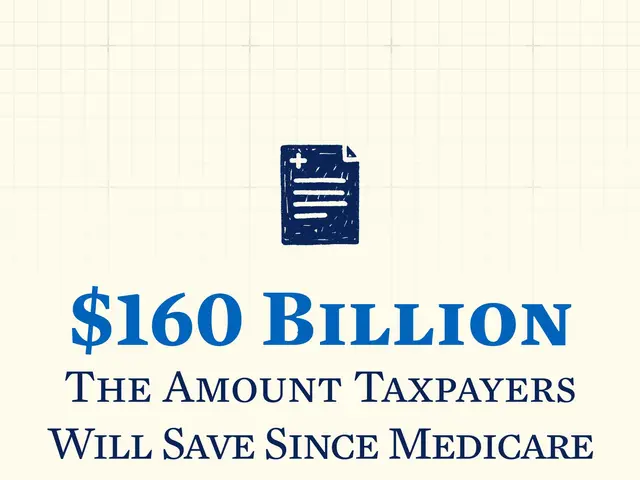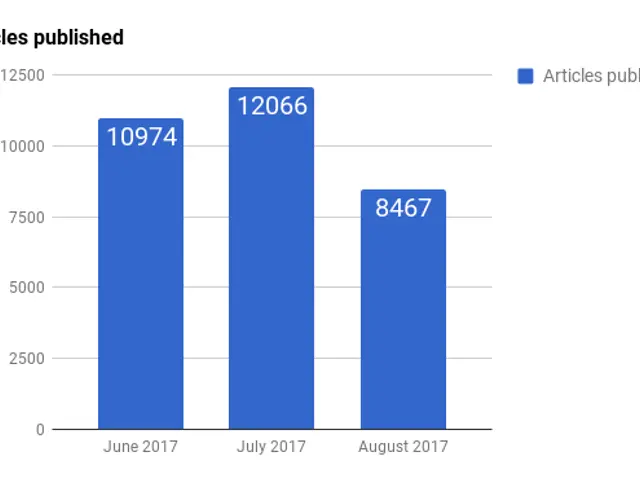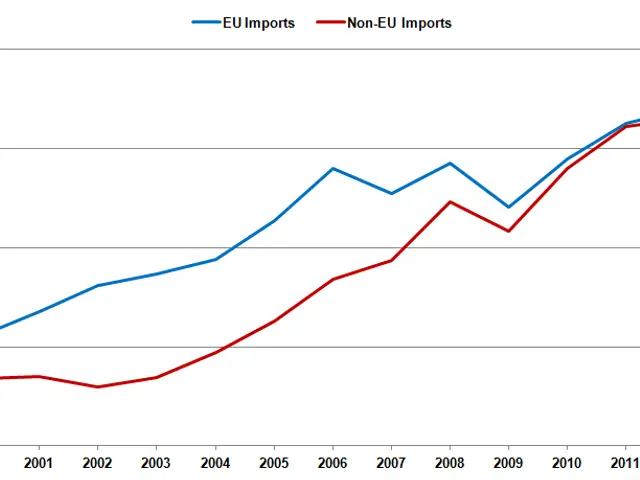Romanian Presidential Elections: Strategies of Government to Prevent Electoral Fraud
An eerie sense of old news. The people of Romania are once again lining up to cast their votes, this Sunday, May 4th, for the first round of the highly-anticipated presidential election. It's been a while since the previous round on November 24th, where a surprise victory put Calin Georgescu, a far-right contender, in the limelight. However, just two days before the second round, the Constitutional Court made an extraordinary move to annul the vote. This shocking event within the EU plunged Romania into a political crisis, with whispers of potential Russian interference stirring up scandal. Under the specter of impeachment, the outgoing president, the liberal-minded, pro-European Klaus Iohannis, unexpectedly announced his resignation on February 10th.
Romanian Presidential Election Riddled with Alleged Manipulation and Interference
The Romanian justice system took this decision based on evidence of a "guerrilla-style" campaign on TikTok that benefited Georgescu, as summarized in declassified documents from Romania's intelligence services. The candidate, known for his scathing criticism of the EU and NATO, and staunch opposition to military aid to Ukraine, had mysteriously climbed up the rankings. With a mere 1% of voting intentions four weeks before the election, Georgescu surprisingly came out on top in the first round. So, the vote is being held again, this time with precautions in place to prevent a repeat of the past.
The specter of a relentless campaign on TikTok
To better understand the measures taken, we must return to November. In the midst of these extraordinary circumstances, Georgescu's campaign leveraged social media for its momentum. According to a report by Viginum, an organization dedicated to fighting foreign digital interferences, authorities discovered an aggressive propaganda campaign, in violation of electoral laws, and the exploitation of algorithms to boost Georgescu's popularity. With nearly 9 million users, TikTok is particularly popular in Romania for a population of 19 million. Moreover, evidence hinted at similar manipulation on the platforms of Meta group, including Facebook and Instagram. The plan was simply put: flood social media, employ micro-influencers to discuss the election, and extol the virtue of the ideal candidate for Romania — a man portrayed as upright and sincere. The bulk of the videos deleted by the app in question.
Thousands of auto-generated accounts spewing support for Georgescu
Further investigation by the French organization Viginum suggests that throughout these manipulations, an enormous number of cyberattacks targeted the computer systems linked to the electoral process. In declassified documents from Romania's presidency, it was noted that some accounts involved in this operation "had previously been involved in promoting pro-Russian, anti-NATO, and anti-Ukraine messages." Although suspicions swiftly pointed towards Russia, both Georgescu and Moscow denied any involvement in this online campaign. Today, Georgescu faces legal action and disqualification for the presidential election.
Bracing for new storms of interference
In the face of potential new interference attempts, Romania devised a strategy to reinforce its cybersecurity defenses. On March 17th, the interim president of the nation, Ilie Bolojan, convened a meeting with all relevant authorities to assess the state of logistical preparations and ensure adherence to electoral legislation, both offline and online. Since then, the National Audiovisual Council (CNA), traditionally focused on traditional media, has expanded its scope to include monitoring social networks. Since the official start of the election campaign, CNA has already imposed numerous sanctions on videos deemed dangerous or misleading.
Partnerships between platforms and authorities
Alongside the sanctions, Romanian authorities have sought the cooperation of major platforms to restrict the spread of such content. Both TikTok and Meta groups are working closely with Romanian authorities, considering various scenarios to address disinformation campaigns and cyber threats. Although the details of these discussions have not been disclosed, the partnerships aim to limit the influence of harmful content. Despite the heightened vigilance, Catherine Durandin, a senior historian specializing in Romania, warns that "no state is completely immune to an online campaign engineered to support a particular candidate."
Four main contenders are running for president: George Simion, Nicusor Dan, Crin Antonescu, Victor Ponta, Elena Lasconi, and one may emerge victorious. The second round, scheduled for May 18th, will ultimately determine Romania's path forward amidst the swirling winds of political tension and foreign interference.
- The Romanian government is taking precautions to prevent foreign interference in the presidential election, particularly on social media platforms like TikTok and Facebook, following claims of a "guerrilla-style" campaign that boosted a far-right contender in the previous round.
- Authorities discovered an aggressive propaganda campaign, in violation of electoral laws, on social media platforms, including TikTok and Facebook, which allegedly employed micro-influencers to support a particular candidate and extol his virtues.
- Investigations suggest that thousands of auto-generated accounts were created to spew support for the candidate, some of which had previously promoted pro-Russian, anti-NATO, and anti-Ukraine messages, thereby raising suspicions of Russian interference.
- In response to the potential new interference attempts, Romania's interim president has convened meetings with relevant authorities to strengthen the nation's cybersecurity defenses and ensure adherence to electoral legislation, both offline and online.
- Authorities have also formed partnerships with major social media platforms like TikTok and Facebook, aiming to limit the spread of disinformation campaigns and cyber threats ahead of the upcoming presidential election. However, renowned historian Catherine Durandin cautions that no state is completely immune to an online campaign engineered to support a specific candidate.








